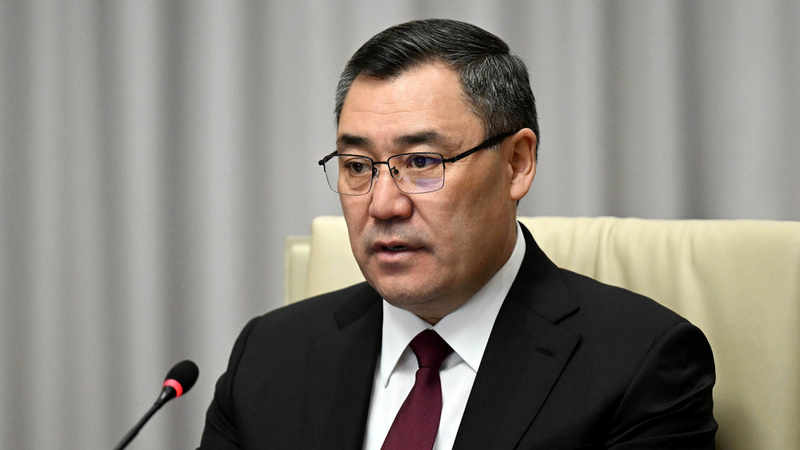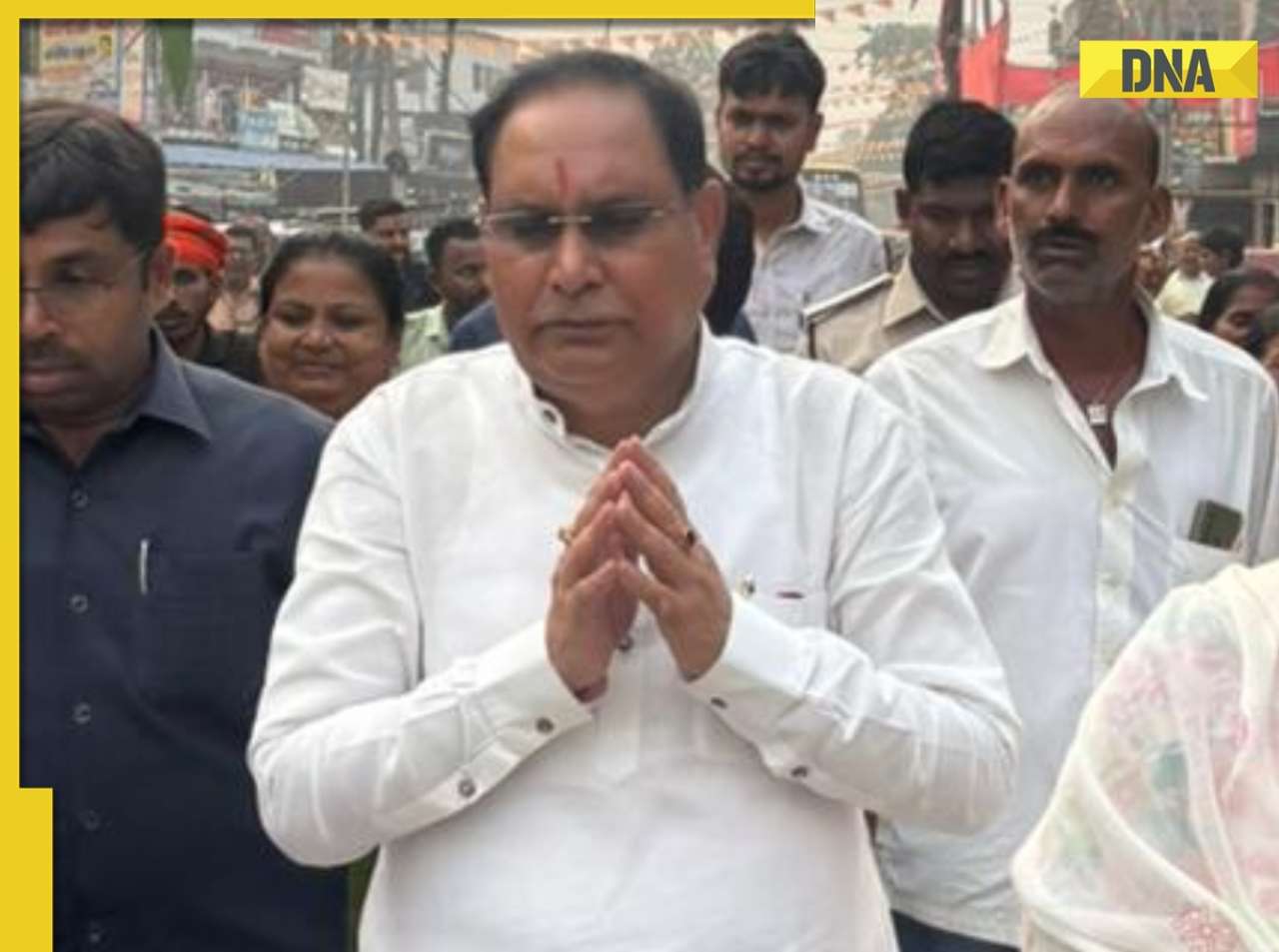How Are Pupils from Brazil to Belfast Shaping COP30?

Published: 2025-11-14 14:00:26 | Category: technology
The COP30 climate simulation held in Belfast showcased a group of over 80 pupils representing various countries and stakeholders in climate negotiations. This event highlighted the importance of youth engagement in climate issues, especially as they prepare to face the consequences of climate change. The students came together to discuss critical topics such as greenhouse gas emissions reduction and support for developing nations, demonstrating that young voices are crucial in shaping future climate policies.
Last updated: 26 October 2023 (BST)
What’s happening now
As COP30 unfolds in Brazil, students in Northern Ireland are making their voices heard through a climate simulation event at Belfast Castle. This gathering brought together pupils from 28 schools, including participants from across the border in the Republic of Ireland. The students took on roles of negotiators, campaigners, and journalists, engaging in discussions about international climate agreements. Their involvement illustrates a growing awareness and commitment among the youth to address climate change, a pressing global challenge that will shape their futures.
Key takeaways
- Over 80 pupils participated in a climate simulation at Belfast Castle.
- The event included students from both Northern Ireland and the Republic of Ireland.
- Negotiations focused on reducing greenhouse gas emissions and supporting developing nations.
Timeline: how we got here
The COP30 climate simulation in Belfast occurred on 25 October 2023, coinciding with the ongoing COP30 conference in Brazil. Key milestones leading to this event include:
- 1 September 2023: Announcement of the COP30 climate simulation event by the British Council.
- 15 October 2023: Registration of participating schools and students.
- 25 October 2023: Successful execution of the simulation at Belfast Castle.
What’s new vs what’s known
New today/this week
The COP30 simulation is the first of its kind to include students from both Northern Ireland and the Republic of Ireland, marking a significant step towards cross-border collaboration among youth on climate issues. The event allowed students to actively negotiate and engage in discussions that mirror real-world climate negotiations, highlighting their commitment to climate action.
What was already established
Prior to this simulation, similar youth-led climate initiatives have taken place globally, aimed at raising awareness and fostering dialogue among younger generations regarding climate change. The importance of youth engagement in climate negotiations has been recognised, as these individuals are set to inherit the challenges posed by climate change.
Impact for the UK
Consumers and households
The increasing youth engagement in climate discussions may influence public opinion and consumer behaviour in the UK. As students learn about the impacts of climate change, they may advocate for more sustainable practices within their households and communities, potentially leading to a broader shift in consumer expectations and actions.
Businesses and jobs
Businesses, particularly those in sectors contributing significantly to greenhouse gas emissions, may find themselves under pressure to adapt their practices. The insights shared by young people during events like the COP30 simulation could encourage companies to invest in sustainable solutions and practices, acknowledging the need to meet the expectations of a more environmentally conscious consumer base.
Policy and regulation
As young voices become more prominent in climate discussions, policymakers may feel compelled to consider their perspectives and priorities when crafting legislation. Events like the COP30 simulation serve as a reminder that the youth are not only stakeholders in climate action but also advocates for meaningful change that aligns with their vision for a sustainable future.
Numbers that matter
- 80+ pupils participated in the COP30 simulation in Belfast.
- 28 schools were represented at the event, demonstrating broad participation.
- Four students from Dundalk Grammar School engaged in cross-border discussions.
Definitions and jargon buster
- COP30: The 30th Conference of the Parties to the United Nations Framework Convention on Climate Change, an annual meeting where countries negotiate climate action.
- Greenhouse gas emissions: Gases that trap heat in the atmosphere, contributing to global warming.
- Climate simulation: An event designed to replicate real-world climate negotiations, allowing participants to understand and engage with climate policy discussions.
How to think about the next steps
Near term (0–4 weeks)
In the immediate future, it is essential for students to continue engaging with climate issues through educational programmes, workshops, and local initiatives. Schools and community organisations can facilitate discussions and projects that allow young people to explore climate solutions actively.
Medium term (1–6 months)
Over the next few months, students can work on climate advocacy campaigns, leveraging social media to raise awareness and influence their peers. Engaging local businesses in sustainability dialogues can also create a ripple effect, encouraging broader participation in climate actions.
Signals to watch
- Increased youth participation in climate-related events and discussions across the UK.
- Changes in local policies that reflect youth advocacy for climate action.
- Public response to youth-led initiatives and campaigns on social media.
Practical guidance
Do
- Engage with local climate action groups to learn more about sustainability initiatives.
- Utilise social media platforms to spread awareness about climate change.
- Participate in community clean-up events and sustainability projects.
Don’t
- Don’t ignore the importance of individual actions in addressing climate change.
- Don’t hesitate to voice your opinions on climate policies to local representatives.
- Don’t underestimate the impact of collective youth actions in influencing change.
Checklist
- Identify local climate action groups to join.
- Follow climate activists and organisations on social media.
- Attend workshops or talks on sustainability in your community.
- Start a dialogue about climate issues with peers and family.
- Commit to making small changes in your daily life to be more environmentally friendly.
Risks, caveats, and uncertainties
While the engagement of youth in climate discussions is promising, there are uncertainties regarding the long-term impact of such initiatives. The disparity in awareness and commitment among peers may hinder collective action. Additionally, the effectiveness of youth advocacy in influencing policy changes remains to be fully realised, as institutional barriers may pose challenges to their efforts.
Bottom line
The COP30 climate simulation in Belfast represents a significant step towards empowering young people in climate discussions. As they engage in negotiations and advocate for change, their voices will be essential in shaping a sustainable future. The commitment shown by students today may serve as a catalyst for broader societal shifts towards climate action in the UK.
FAQs
What is COP30?
COP30 refers to the 30th Conference of the Parties to the United Nations Framework Convention on Climate Change, where countries negotiate agreements to combat climate change.
How are young people involved in climate discussions?
Young people are increasingly participating in climate simulations and discussions, representing various stakeholders and advocating for policies that address climate change impacts.
Why is youth engagement in climate action important?
Youth engagement is crucial as they will face the long-term consequences of climate change and their involvement can influence current policies and practices to ensure a sustainable future.



